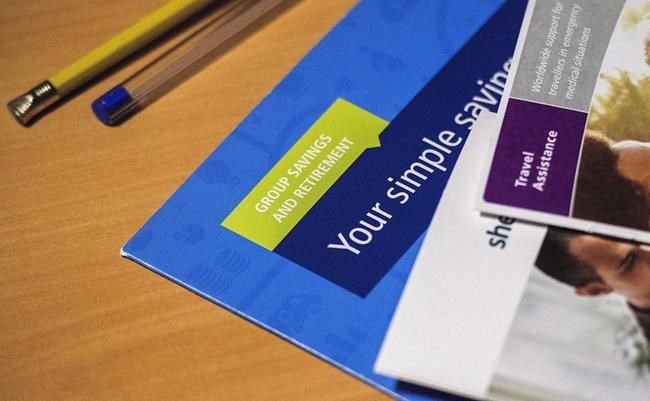Finding themselves "at the edge of retirement," Jen Gibson and her wife Christy Ganshorn found it hard to fathom dipping into their savings already.
Gibson, 55, has jumped between multiple careers, first working as a musician before going into special events planning, followed by a stint working at a veterinary clinic and then for CBC Radio. Ganshorn, 53, has been with the RCMP for more than 30 years.
Next year, both plan to transition to part-time work as public servants for the Saskatchewan government while starting to draw from their investments.
"Both Christy and I have little bits of pension. We sort of collected little bits here and there. So it feels a little bit like stepping off the edge of a cliff," Gibson said.
"Is money really going to be there when we need it?"
As hundreds of thousands of Canadians retire each year, many face the stressful question of how to financially plan for the day their paycheque no longer arrives.
That includes deciding when to begin withdrawals from the Canada Pension Plan or registered retirement savings plans, said certified financial planner Zena Amundsen.
"The first conversation that brings people to the door is that they've got these buckets that they saved in, and now it's like, 'I don't know which one to start pulling from and when and why,'" said Amundsen, owner of Astra Financial Services in Regina, who specializes in retirement planning.
"The second piece to that is they say, 'I don't want to pay any more taxes than I have to.'"
With an RRSP, taking out money before the fund reaches maturity — which happens the last day of the calendar year you turn 71 — means having to pay a withholding tax, along with income tax on the withdrawal.
CPP benefits withdrawn before age 65 decrease by 7.2 per cent per year, up to a maximum reduction of 36 per cent if you start at age 60. If you wait until after reaching 65 to withdraw benefits, payments increase by 8.4 per year, up to a maximum increase of 42 per cent if you start at age 70.
"The mistakes I see are people that started at 60 and they're still working," said Amundsen.
"Now they're not even taking the full benefit of the max. It's at a reduction now too. You might as well just burn the money if you're going to take it while you're working and you're not going to put it to work for you."
Gibson and Ganshorn's situation in not unique.
Among Canadians planning to retire, 55 per cent say they would continue working longer if they could do so part-time, according to data released by Statistics Canada in August. About half report they would continue working if they could work fewer hours without affecting their pension.
Gibson, who lives on a farm just outside of Regina with her wife, says they're "fortunate enough" to be in a position to start withdrawing retirement benefits sooner rather than later.
'We thought, 'Let's do this earlier, while we are healthy, while we have interest in exploring the world.'"
For Saijal Patel, founder and CEO of Saij Elle which offers financial literacy education for women, the most common misconception surrounding this decision tends to be that it's better to take CPP early in case you don't live long.
"I think people are understanding that they're living longer, but people tend to want their money now," she said.
"It's kind of that instant gratification too. They're like, 'Let me do this now and if I don't use it. I'll invest it.' I go back to the point, 'Well, do you think you can get 7.2 per cent in the market consistently?'"
She said the decision of whether to withdraw benefits sooner than later is "not a black and white answer."
"You can't follow what your neighbour is doing because every single situation is different," she said.
"What's your health condition? Do you need the income? Do you have other income sources that you can look at?"
Although Gibson said she's been reassured by her adviser that the plan they've mapped out makes sense over the long term, she admitted "it does feel a little bit unsettling."
"It's hard to believe the actual math," she said.
"It's hard to believe the numbers, but the numbers are there and they say that, I guess barring a huge financial crash, we'll be OK."
This report by The Canadian Press was first published Oct. 5, 2023.
Sammy Hudes, The Canadian Press




